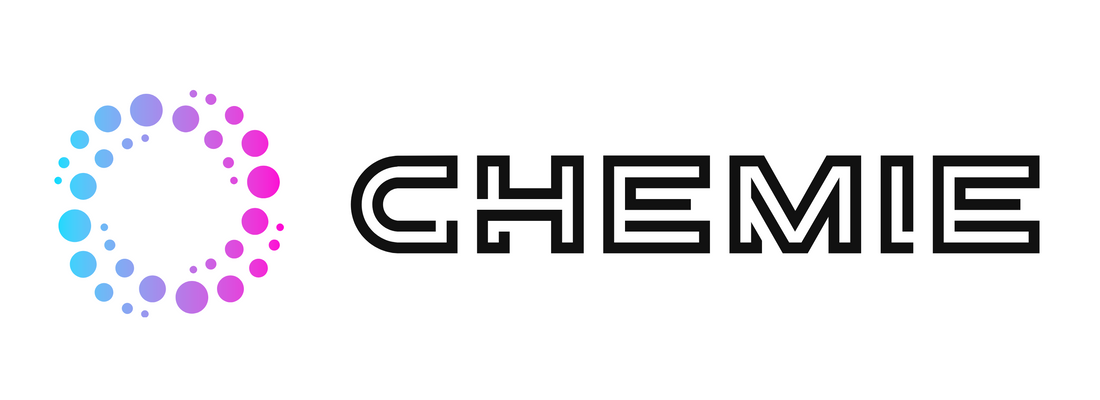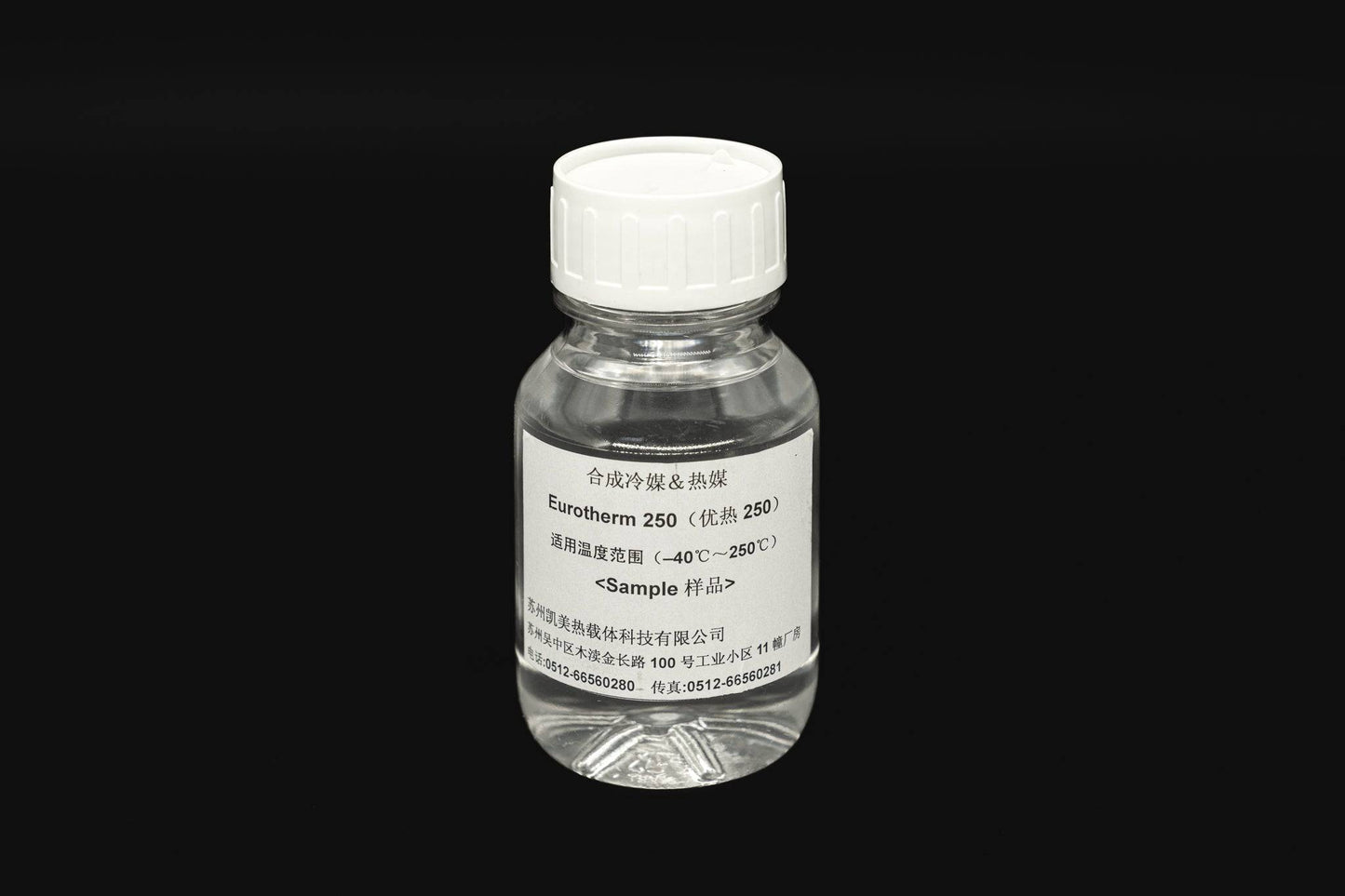Little Known Questions About Chemie.
10 Simple Techniques For Chemie
Table of ContentsThe Best Strategy To Use For ChemieSome Known Facts About Chemie.About ChemieThe 45-Second Trick For ChemieGetting The Chemie To WorkGetting My Chemie To Work
A gadget that allows elements (followers, controllers, pumps) to be changed or included in an IT/Cooling system without interrupting its procedure. Hydrophilic is a residential or commercial property of a material or surface area that is brought in to water and allows water to spread out across or penetrate it, making it "water-loving." Hydrophobic is a residential property of a product or surface that drives away water and does not conveniently enable water to spread out throughout or penetrate it; it repels water.(https://linktr.ee/betteanderson)Ingress Defense (IP) is a common used to define the sealing effectiveness of electrical rooms against breach from international bodies (tools, dirt, etc) and wetness. It is defined in the global standard EN 60529 (British BS EN 60529:1992, European IEC 60509:1989). Ranking Access Protection (IP) scores determine a tool's resistance to solids and water.
Insulation are materials or methods utilized to lower the transfer of power in between two objects or environments. With concerns to information centers and sustainability, ISO-14000 is a frequently applied criterion.
The Main Principles Of Chemie
This procedure can result in reduced warm transfer prices contrasted to turbulent circulation. Unexposed warmth is the heat called for to transform a strong into a fluid or vapour, or a liquid into a vapour, during a phase change, without adjustment of temperature.

It is usually made use of in liquid air conditioning systems and in industrial processes. A Liquid-to-Liquid Heat Exchanger is a device that transfers warm from one fluid to an additional without blending the liquids. It passes both fluids near each other while ensuring they are separated by an obstacle. Liquid-to-liquid heat Exchangers are usually used in cooling systems to separate key and secondary coolant loopholes.
The Greatest Guide To Chemie

It is equal to 1 cubic decimetre (dm), 1,000 cubic centimetres (centimeters) or 0.001 cubic metres (m). In the US, a litre amounts 0.264 gallons. A litre inhabits a volume of 10 Recommended Reading cm x 10 centimeters x 10 centimeters. Litres (Liters) per min is a device of measurement for flow price, precisely the volume of fluid (in litres) that passes a given point soon.
A maintenance window is a scheduled period assigned ahead of time by technological, assistance, and solution personnel during which preventative upkeep tasks that could disrupt operations are performed. Preventative tasks may include software program updates, repair services, or replacements. By performing these in an upkeep window, you can make certain minimal disturbance which our system runs efficiently.
The Only Guide to Chemie
The air conditioning liquid needs two-way transportation called supply and return. It refers to a product's resistance to deterioration, corrosion, or staining when it comes into contact with a different product or chemical.

Non-Condensable Gas (NCG) is a gas that does not condense (adjustment from vapour to liquid) under a cooling system and regular compression refrigeration conditions. Non-conductive fluids are coolant fluids that are unable of carrying out an electric present, generally referred to as dielectrics.
The Chemie Statements
Running pressure is the pressure at which a system or a part of a system operates under normal or specific conditions. This is the safe temperature range in which an item of equipment, tool, system, or procedure can run without experiencing deterioration in efficiency, integrity, or durability. The device will run effectively within a specified operating temperature array, outside this variety of safe operating temperature levels, the gadget may stop working.
Oxidation stability is a fluid's resistance to oxidative destruction in time and is an important quality criterion. inhibited antifreeze. Parallel circulation describes the connection in between the flow instructions of the cold and hot liquids. With parallel flow, the fluids take a trip through the warmth exchanger in the same instructions to optimize warmth transfer
Some Of Chemie
Passively cooled is a sort of cooling that uses all-natural convection or radiation to dissipate heat without fans, pumps, or added active elements. Perfluorocarbons (PFCs) are compounds, that are manmade and contain carbon and fluorine. Perfluorocarbons are normally colourless, odorless non-flammable gases at environmental temperature levels and mostly chemically unreactive.